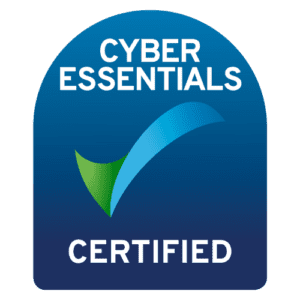ISO 27001 and SOC 2 are two of the most widely used security standards in the world. Both standards are designed to help organisations protect their data and systems from unauthorised access, but they have some key differences.
ISO 27001 is an international standard for information security management. It provides a framework for organisations to develop, implement, and maintain an information security management system (ISMS). The standard outlines a set of security controls that organisations must implement in order to protect their data and systems.
SOC 2 is an auditing standard developed by the American Institute of Certified Public Accountants (AICPA). It is designed to help organisations demonstrate that they have implemented effective controls to protect their data and systems. SOC 2 focuses on the security, availability, processing integrity, confidentiality, and privacy of customer data.
The key difference between ISO 27001 and SOC 2 is that ISO 27001 is a framework for developing an ISMS, while SOC 2 is an auditing standard. ISO 27001 provides a set of security controls that organisations must implement, while SOC 2 is used to assess whether those controls are effective.
In summary, ISO 27001 is a framework for developing an ISMS, while SOC 2 is an auditing standard used to assess the effectiveness of those controls. Both standards are important for organisations looking to protect their data and systems from unauthorised access.
